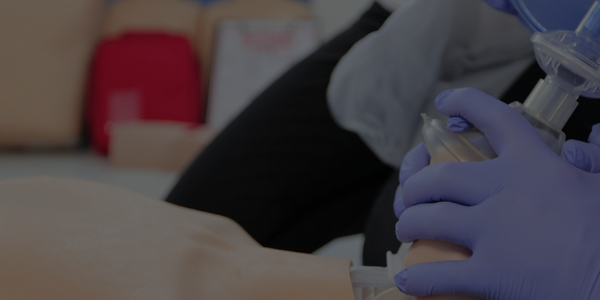Hi, I’m Aaron, and I want to share with you a personal experience that led me to understand the importance of first aid knowledge. I once accidentally breathed in a piece of gum, which made me realize the potential consequences of having food go down the “wrong pipe.” In this blog post, I’ll explain what aspiration is and the risks it can pose to our health. To be better prepared for emergencies like this and many others, I encourage you to book a first aid course with AB First Aid Training [1]. Visit www.abfirstaid.com.au or call 03 8364 8984 to book a course today.
What is Aspiration?
It occurs when foreign material, such as food or liquid, enters the trachea (windpipe) instead of the esophagus (food pipe) and potentially reaches the lungs [2]. In my case, I accidentally inhaled a piece of gum, which can be particularly dangerous due to its sticky nature.
Symptoms of Aspiration
When it occurs, you may experience some of the following symptoms [3]:
- Coughing or choking
- Difficulty breathing
- Wheezing
- Chest pain or discomfort
- Fever (if an infection develops)
Risks and Complications
It can lead to a range of health complications, such as:
- Aspiration pneumonia: An infection caused by bacteria entering the lungs after aspiration [4].
- Bronchial obstruction: The foreign material can block the airways, making it difficult to breathe [5].
- Chronic lung issues: Repeated aspiration can lead to long-term lung damage and respiratory problems [6].
What to Do in Case of Aspiration
If you or someone you know experiences it, it’s essential to act quickly. Encourage the person to cough forcefully to try to expel the foreign material. If the person has difficulty breathing or shows signs of distress, call emergency services immediately.
Prevention Tips
To reduce the risk of it, consider the following tips [8]:
- Eat slowly and chew food thoroughly.
- Avoid talking or laughing while eating.
- Stay upright while eating and for a short period after finishing your meal.
As someone who has experienced aspiration firsthand, I know how important it is to understand the risks and act quickly. By learning essential first aid skills, you can be better prepared for emergencies like these. To gain the confidence and knowledge needed to save a life, enroll in a first aid course with AB First Aid Training [1]. To book a course, visit www.abfirstaid.com.au or call 03 8364 8984.
Please note that regular First Aid and CPR Training is the best way to make sure that you’re prepare in the case of an emergency. Book a course with us
[1] AB First Aid Training. (n.d.). AB First Aid Training. Retrieved from https://www.abfirstaid.com.au
[2] HealthDirect. (2021). Choking. Retrieved from https://www.healthdirect.gov.au/choking
[3] Mayo Clinic. (2020). Retrieved from https://www.mayoclinic.org/diseases-conditions/aspiration-pneumonia/symptoms-causes/syc-20479331
[5] American Lung Association. (2020). Foreign body aspiration. Retrieved from https://www.lung.org/lung-health-diseases/lung-procedures-and-tests/foreign-body-aspiration
[6] Mayo Clinic. (2020). Retrieved from https://www.mayoclinic.org/diseases-conditions/aspiration-pneumonia/symptoms-causes/syc-20479331





